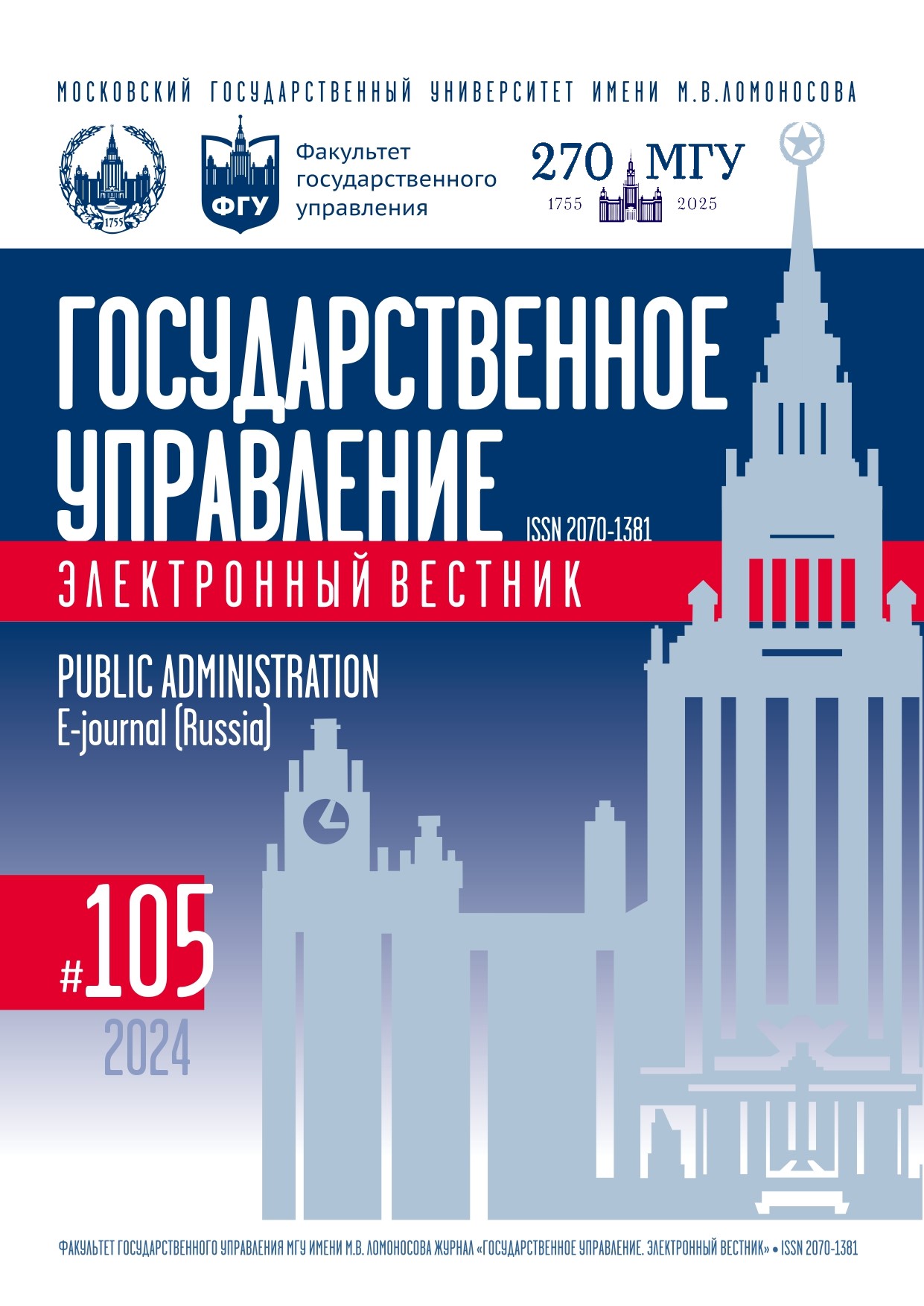Priorities of Financial System Regulation in the Context of New Challenges for Russia
Keywords:
Government regulation, financial system, credit market, investment market, financial market, financial literacy.Abstract
The article examines the issues of regulating the Russian financial system in the context of new challenges. The necessity of state regulation of the financial system development as a condition for the formation of financial relations that ensure the effective development of the economy is substantiated. The process of countering the impact of sanctions on the Russian financial system is analyzed, and it is shown that the increase in the system’s resistance was determined by measures reforming it during the pre-sanctions period. An assessment of the regulatory measures taken in the Russian financial system was carried out in accordance with the effect obtained. In order to assess the potential of adapting the financial system to existing and new challenges, the authors considered the financial indicators of the development of the credit, investment and financial markets, which revealed the development of a positive trend in the credit market due to the adaptation of the banking system to new conditions. The Russian investment market, on the contrary, shows negative trends related to the impact of sanctions, which have paralyzed the inflow of foreign investment. The authors prove that the reason for the development of the current situation is the lack of targeted support from government agencies to ensure the development of financial instruments for financing investment projects at the expense of internal sources of investment attracted from the financial market. The analysis of the financial market has shown that there are discrepancies between the activity of individuals in the financial market to open brokerage accounts and the actual transactions for the purchase of financial instruments due to the low level of financial literacy and lack of experience in conducting financial transactions for a significant majority of participants. To overcome this gap, the authors propose to introduce differentiation into the current system of improving financial literacy of the population by classifying participants by age, orientation to financial transactions, level of risk attitude, and also to include financial organizations that sell financial products to the population in this system.
References
Афанасьев М.П., Фам Т.Д.Ч., Шаш Н.Н. Перспективное регулирование государством финансового сектора (на примере экономики России) // Вопросы государственного и муниципального управления. 2022. № 3. C. 87–113. DOI: 10.17323/1999-5431-2022-0-3-87-113
Белехова Г.В. Регулирование финансового поведения населения современной России: формирование нормативной среды и воспитание человека // Экономические и социальные перемены: факты, тенденции, прогноз. 2020. Т. 13. № 3. С. 111–128. DOI: 10.15838/esc.2020.3.69.8
Дегтярев К.Ю. Оценка влияния экономических санкций на реальный сектор экономики России // Государственное управление. Электронный вестник. 2024. № 102. С. 7–16. DOI: 10.55959/MSU2070-1381-102-2024-7-16
Дорофеев М.Л. Научная дискуссия о сущности государственного финансового регулирования в современных условиях // Вестник университета. 2021. № 3. С. 140–148. DOI: 10.26425/1816-4277-2021-3-140-148
Клименко А.В., Минченко О.С. Государственное регулирование экономики: вопросы теории и лучшая практика // Вопросы государственного и муниципального управления. 2016. № 3. С. 7–30.
Пищик В.Я., Алексеев П.В. Особенности и направления трансформации модели управления финансово-экономической системой России в условиях усиления глобальных вызовов // Экономика. Налоги. Право. 2022. Т. 15. № 4. С. 6–16. DOI: 10.26794/1999-849X-2022-15-4-6-16
Сафиуллин М.Р., Ельшин Л.А. Санкционное давление на экономику России: пути преодоления издержек и выгоды конфронтации в рамках импортозамещения // Финансы: теория и практика. 2023. Т. 27. № 1. С. 150–161. DOI: 10.26794/2587-5671-2023-27-1-150-161
Black J., Jacobzone S. Tools for Regulatory Quality and Financial Sector Regulation: A Cross-Country Perspective // OECD Working Papers on Public Governance No. 16. 2009. DOI: 10.1787/218772641848
Deaton A. Instruments of Development: Randomization in the Tropics, and the Search for the Elusive Keys to Economic Development // Working Paper 14690. 2009. DOI: 10.3386/w14690
Leus D.V. Analysis of Scientific and Methodical Approaches to Portfolio Investment as a Tool of Financial Provision of Sustainable Economic Development // Business Inform. 2013. Is. 12. Р. 318–322.
Mousavi Sh., Shefrin H. Prediction Tools: Financial Market Regulation, Politics and Psychology // SSRN. 2010. DOI: 10.2139/ssrn.1652264

